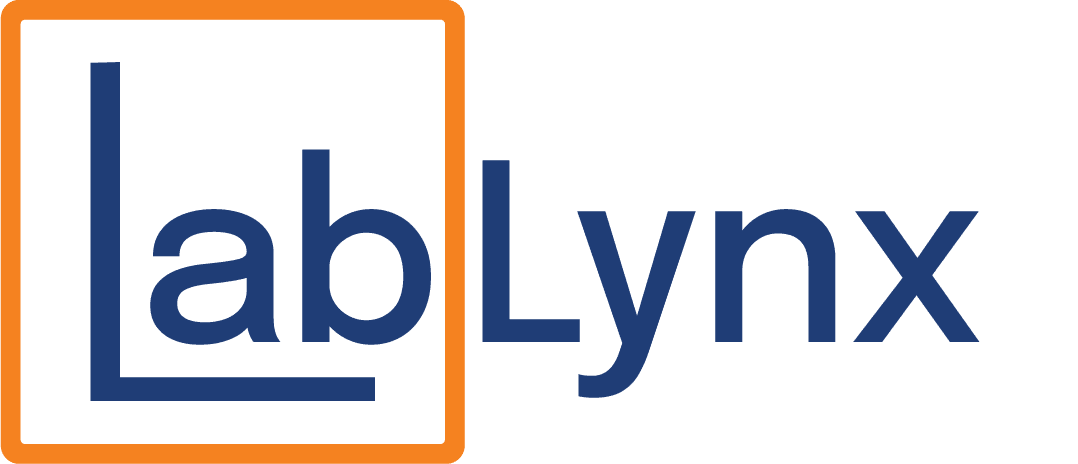Maximizing Laboratory Flexibility and Efficiency Through Modularity in LabLynx LIMS
In the rapidly evolving landscape of scientific research and diagnostics, the need for laboratory information management systems (LIMS) to be both flexible and scalable cannot be overstated. Modularity, a design principle that involves creating systems with interchangeable components, has become a critical feature of LIMS solutions. LabLynx, a leader in the LIMS industry, has embraced modularity to offer laboratories customizable, adaptable, and scalable solutions. This article delves into the importance of modularity in LIMS and how LabLynx is pioneering this approach to revolutionize laboratory operations.
The Importance of Modularity in LIMS
Modularity in LIMS allows laboratories to tailor their information management systems to meet specific operational needs, research goals, or regulatory requirements. This flexibility is essential for laboratories of all types and sizes, enabling them to efficiently manage data, streamline workflows, and adapt to new technologies or methodologies. Moreover, modular LIMS solutions support scalability, allowing laboratories to expand their capabilities as they grow or as their needs evolve, without the need for a complete system overhaul.
Advantages of LabLynx LIMS Modularity
LabLynx leverages modularity in its LIMS solutions to provide several key benefits to laboratories:
- Customization and Flexibility: LabLynx LIMS offers a wide range of modular components that can be easily added, removed, or modified, enabling laboratories to build a system that precisely fits their workflow requirements. This level of customization ensures that laboratories can efficiently manage their unique data and process needs.
- Scalability: The modular architecture of LabLynx LIMS allows laboratories to scale their systems up or down based on current demand, research focus, or budget constraints. This scalability ensures that the LIMS can grow alongside the laboratory, supporting long-term operational sustainability.
- Ease of Integration: Modularity facilitates the integration of LabLynx LIMS with existing laboratory instruments, software, and enterprise systems. This seamless integration capability enhances data flow, reduces manual data entry, and improves overall laboratory efficiency.
- Cost-Effectiveness: By enabling laboratories to select only the modules they need, LabLynx LIMS helps optimize investment in information management technology. This targeted approach to system development can significantly reduce initial implementation costs and long-term operational expenses.
- Enhanced Data Management and Reporting: With modules designed for specific data management tasks, LabLynx LIMS improves the accuracy, integrity, and accessibility of laboratory data. Customizable reporting modules ensure that laboratories can generate insightful reports that support decision-making and compliance.
LabLynx: Leading Innovation in Modular LIMS Solutions
LabLynx stands at the forefront of modular LIMS innovation, recognizing the diverse and changing needs of modern laboratories. By offering a modular LIMS solution, LabLynx empowers laboratories to embrace a system that is as dynamic as the scientific landscape itself. The company’s commitment to modularity reflects its understanding that the best LIMS solution is one that can adapt and evolve, ensuring laboratories remain efficient, compliant, and competitive.
The integration of modularity into LIMS solutions represents a significant advancement in laboratory information management, providing unparalleled flexibility, scalability, and efficiency. As a pioneer in modular LIMS solutions, LabLynx is setting a new standard for laboratory operations, enabling organizations to tailor their information management systems to their specific needs. With LabLynx LIMS, laboratories can confidently navigate the complexities of modern research and diagnostics, secure in the knowledge that their LIMS solution is designed for adaptability and growth.


